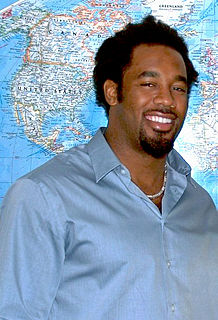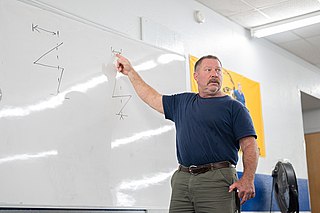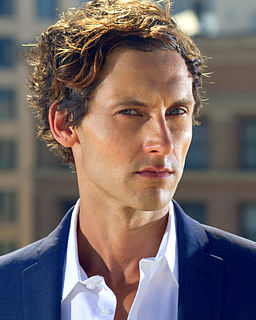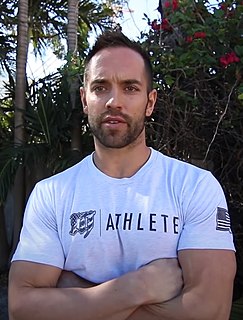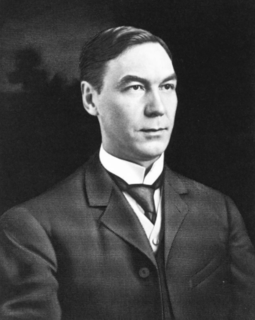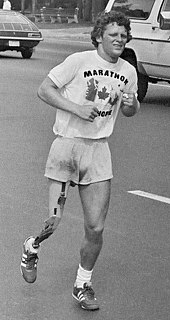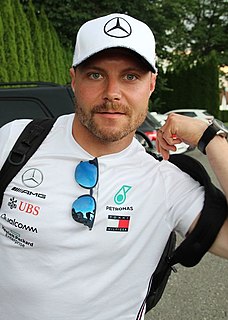A Quote by Dhani Jones
When I was younger, I used to wrestle, and I feel that it contributed to my athletic ability because as a wrestler you have to be an all-encompassed athlete. You need stamina, strength, endurance and mental capacity. You also have to learn how to adapt in any situation.
Related Quotes
when I was younger I used to wrestle, and I feel that it contributed to my athletic ability because as a wrestler you have to be an all-encompassed athlete. You need stamina, strength, endurance and mental capacity. You also have to learn how to adapt in any situation. In the book, that's how all the sports helped me in my strategies for football and life.
My character is just an extension of me. The in-ring work, the things that will always be said about me: Big, overbearing, powerful, in-your-face, couldn't wrestle - I never needed to wrestle. Why did I need to learn how to wrestle? Did Hulk Hogan need to learn how to wrestle? Nope. Is Hulk Hogan a good athlete? Nope.
A knowledge of our ability to consciously radiate health, strength, and harmony will bring us into a realization that there is nothing to fear because we are in touch with Infinite Strength. This knowledge can be gained only by making a practical application of this information. We learn by doing-through practice the athlete becomes powerful.
There might have been a thousand people who had a better athletic feat than what I did. So for me, just the fact that they gave Canadian Athlete of the Year - and also, I was voted third in the Male Athlete of the Year - the fact that some people did consider what I did an athletic feat, that really makes me feel good.
You can't just be anyone who is off the streets and come do what we do. You have to train, and there has to be something within you. You have to have athletic ability... What we do is 100 percent athletic. I feel like it's one of the top athletic programs out there when you consider professional sports.
The Criteria of Emotional Maturity: The ability to deal constructively with reality The capacity to adapt to change A relative freedom from symptoms that are produced by tensions and anxieties The capacity to find more satisfaction in giving than receiving The capacity to relate to other people in a consistent manner with mutual satisfaction and helpfulness The capacity to sublimate, to direct one's instinctive hostile energy into creative and constructive outlets The capacity to love.
